How may I assist you?
 Connect with our assistance
Connect with our assistance
 Connect with our assistance
Connect with our assistance
 Transforming Energy Landscapes
Transforming Energy Landscapes+
Roof Solar Installations
+
Team Members
+
Cool Industrial PMC/EPC
+
Years Of Experience
At Solastice Renewables, we are passionate about advancing sustainable energy solutions to power a brighter tomorrow.
With a steadfast commitment to innovation and environmental stewardship, we lead the way in harnessing the power of solar energy. Our mission is to provide reliable, cost-effective and environmentally friendly solar solutions tailored to meet the unique needs of our clients and communities.
As a leader in renewable energy, we are committed to delivering excellence and driving positive change towards a cleaner and greener world.

 Shaping a Sustainable Future Today
Shaping a Sustainable Future TodayAt Solastice Renewables, we are dedicated to delivering cutting-edge renewable energy solutions that drive sustainability and efficiency. By leveraging innovation and strategic partnerships, we empower businesses and communities with clean and reliable energy solutions for a brighter future.
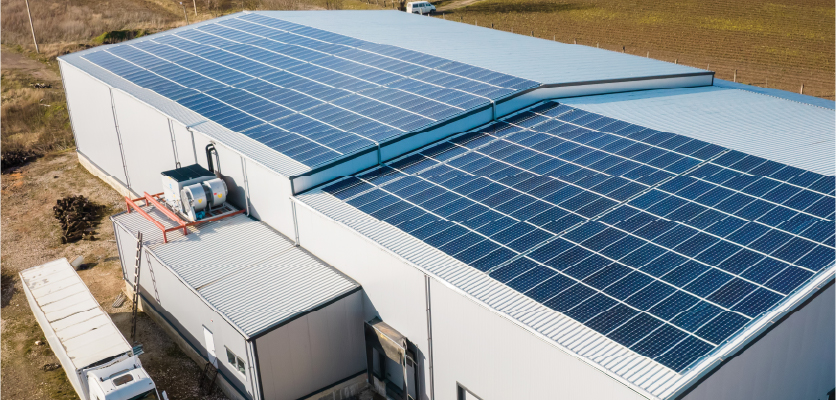
On-grid systems connect to the local utility grid, generating electricity from solar panels and utilizing inverters to convert it into usable power. They reduce electricity bills by offsetting consumption and allow for net metering, but depend on a stable grid connection
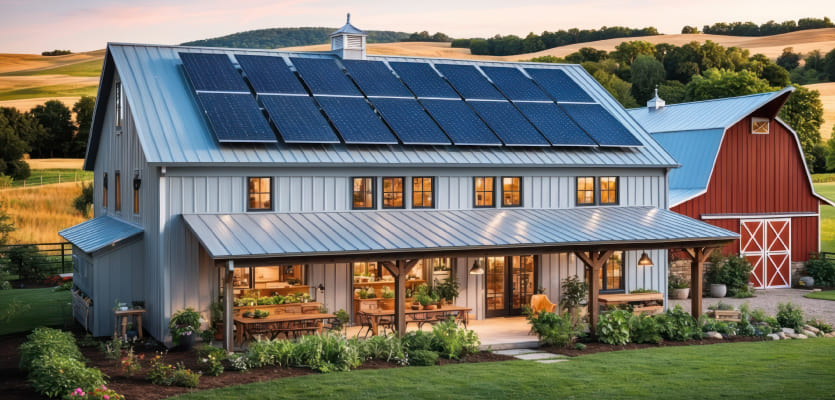
Solar street lights are standalone systems that use solar panels to charge batteries during the day and LED lights to illuminate streets at night, providing energy-efficient lighting solutions for remote or off-grid locations.
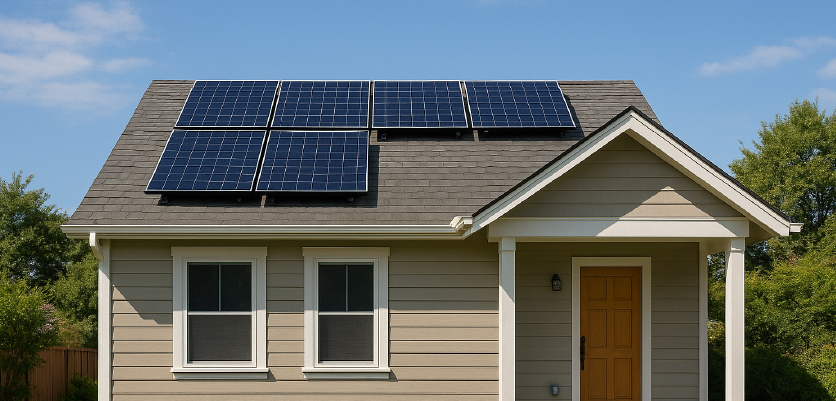
Off-grid systems operate independently of the utility grid, using solar panels, batteries and inverters to provide electricity in remote areas. They offer energy independence but require higher initial costs for batteries and specialized equipment.
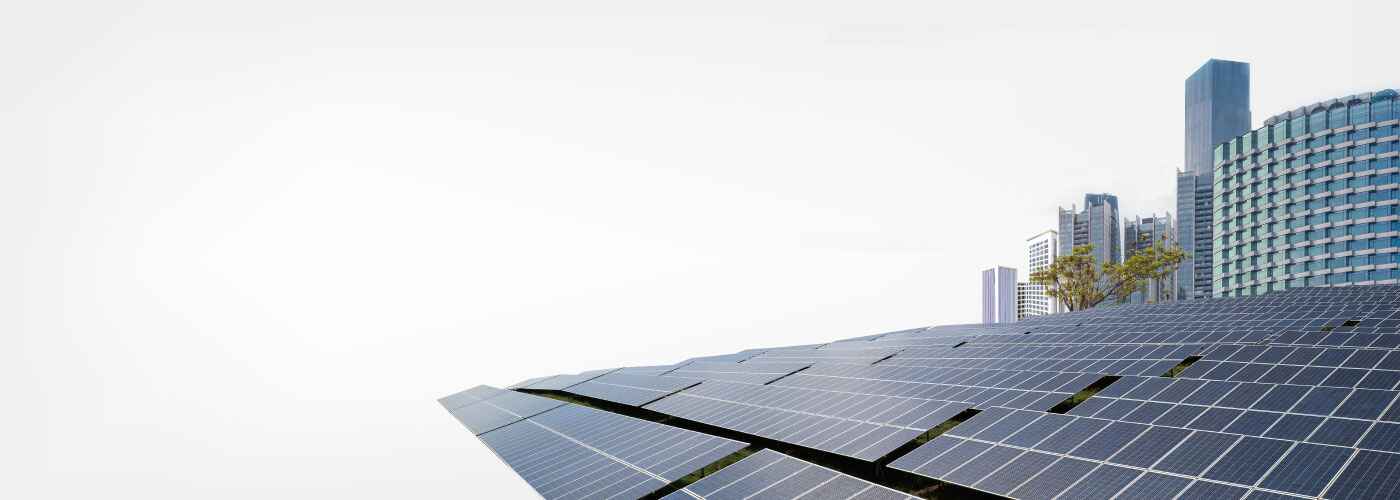
A solar pump uses solar energy to power water pumps for irrigation, livestock watering and residential water supply. Solar panels convert sunlight into electricity, directly powering the pump or storing energy in batteries for use during low-light conditions.
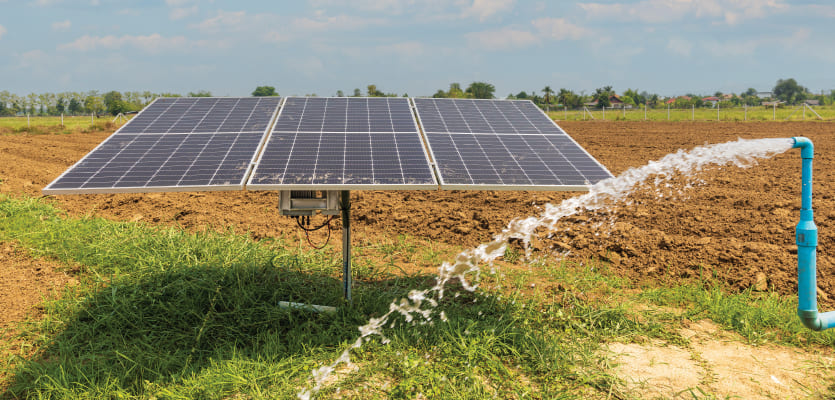
A solar water heater employs solar thermal technology to heat water using sunlight. Solar collectors absorb solar radiation, transferring heat to water or a heat-transfer fluid circulating through the system.
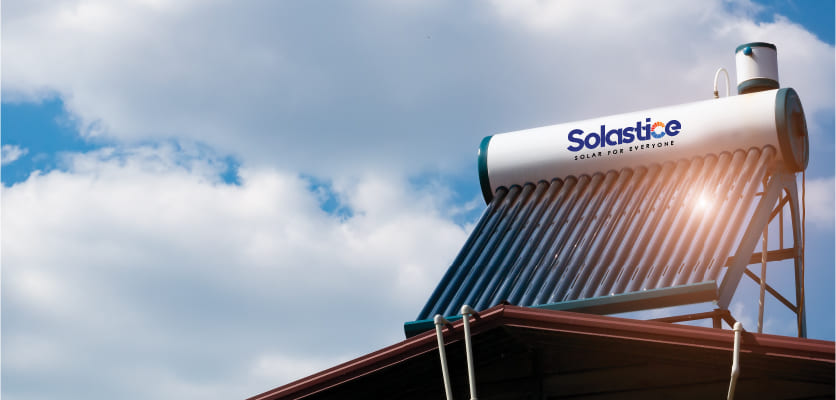
Ground mount solar plants are large-scale installations where solar panels are mounted on frames on the ground, generating significant solar energy for feeding into the grid or powering large facilities. They are scalable but require careful consideration of land use and environmental impact.
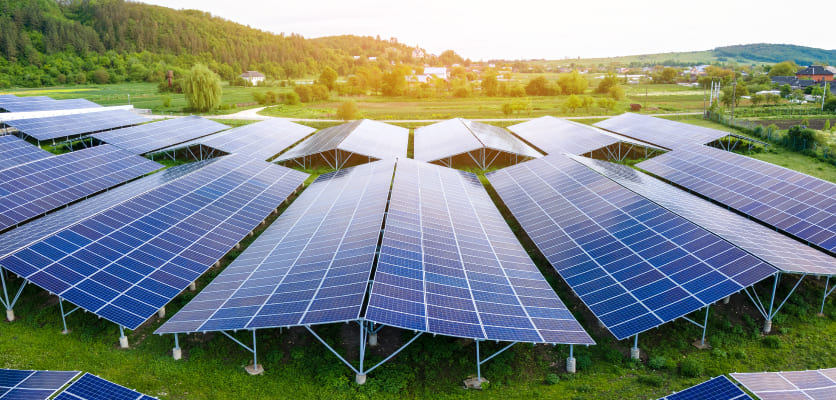
Ground mount solar plants are large-scale installations where solar panels are mounted on frames on the ground, generating significant solar energy for feeding into the grid or powering large facilities. They are scalable but require careful consideration of land use and environmental impact.
We drive the transition to more sustainable, reliable & affordable energy systems Find Your Solution
 Making Tomorrow Different Today.
Making Tomorrow Different Today.In recent years, new capacity across the solar value chain has become necessary to support the PV market’s growth. However, the capital required to establish and scale-up wafer, solar cell and solar module manufacturing facilities is considerable.
Together, these factors pose a serious challenge to sustainable operation and growth of global solar manufacturers.
Explore All Features!99.9% Customer Satisfaction based on 750+ reviews and 20,000 Objective Resource
 Powering a Greener Tomorrow
Powering a Greener TomorrowOne of the primary benefits of an on-grid solar system is cost savings. By generating your own electricity, you can significantly reduce your utility bills. Many utility companies offer net metering programs, allowing you to earn credits for the excess electricity your system produces, further offsetting costs.
The reliability of an on-grid system is another advantage, as the connection to the grid ensures a continuous power supply even when solar production is low. Additionally, using solar energy reduces your reliance on fossil fuels, thereby decreasing your carbon footprint and contributing to a cleaner environment.
Explore All Features!Cut electricity costs with solar energy while benefiting from incentives and net metering.
End-to-end renewable solutions for a cleaner, more sustainable future.
Leading with innovative, eco-friendly energy solutions to reduce carbon footprints.
Advancing clean energy through cutting-edge technology and research.
Expert-driven solutions tailored for businesses and communities.
Building trust and partnerships for a greener tomorrow.
 Industries We Empower
Industries We Empower
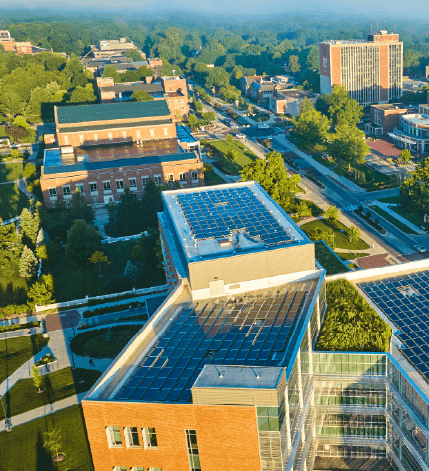
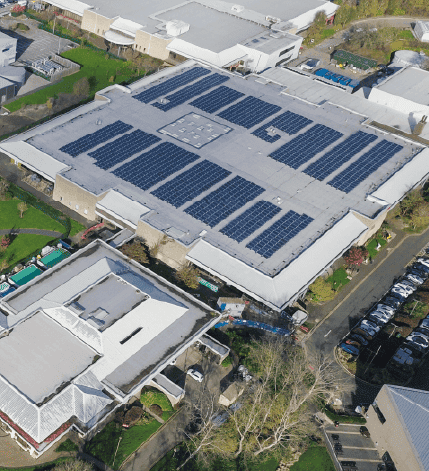
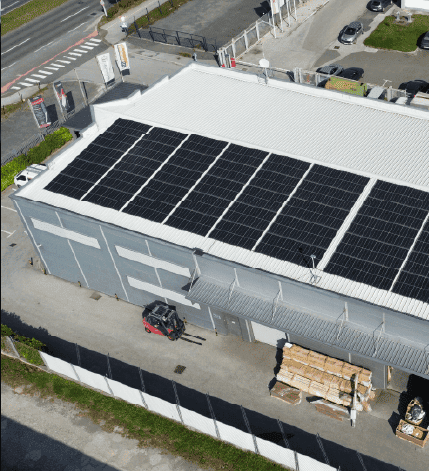

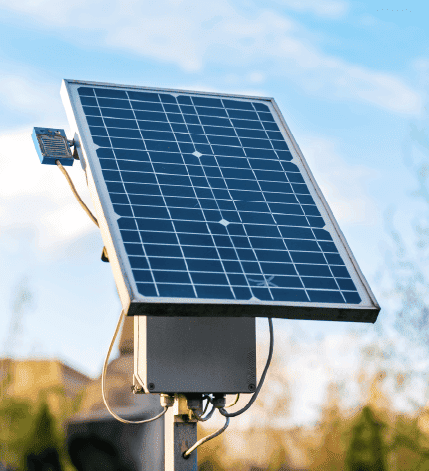

 Creating Exceptional Living & Commercial Spaces
Creating Exceptional Living & Commercial SpacesWe are dedicated to transforming urban landscapes with sustainable and elegant housing solutions. Our projects redefine modern living, ensuring comfort, security and aesthetic appeal. Explore our visionary developments that set new benchmarks in residential and commercial architecture.
Explore Our Vision
Experience unmatched elegance and comfort with our latest collection of luxury homes, designed to cater to contemporary lifestyles.

We bring sustainable and well-planned housing societies that offer a perfect blend of nature and modern infrastructure.

Our state-of-the-art commercial spaces provide dynamic environments for businesses to thrive, with smart architecture and strategic locations.
 Clients Doing it Their Way
Clients Doing it Their Way.png)


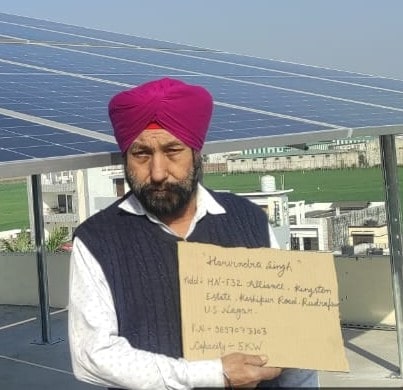



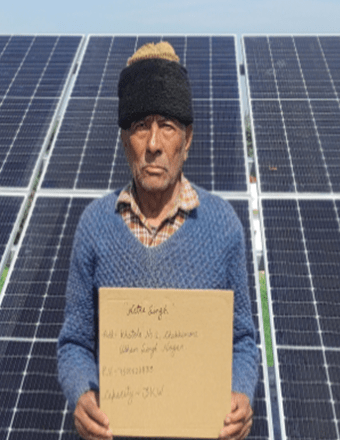
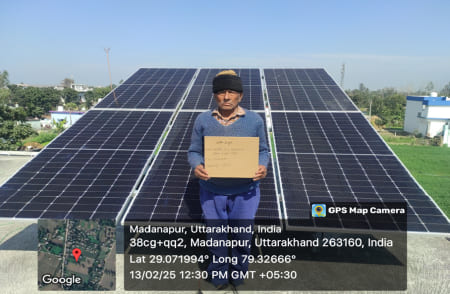
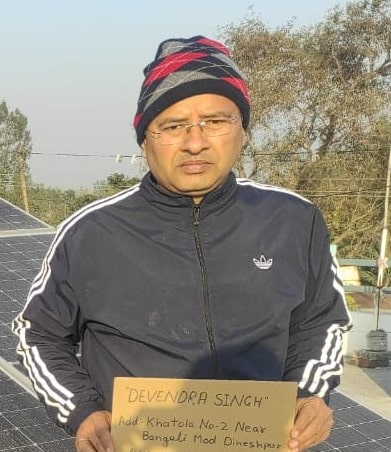
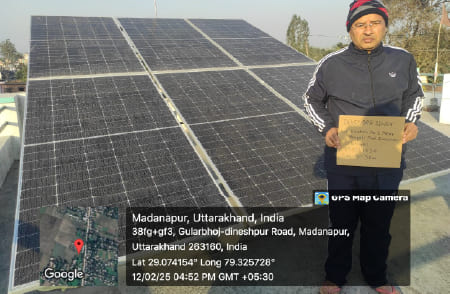
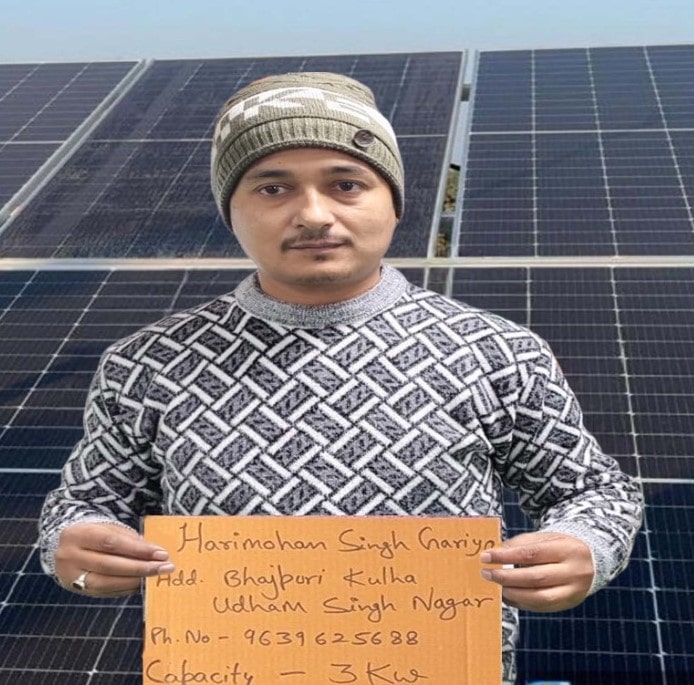

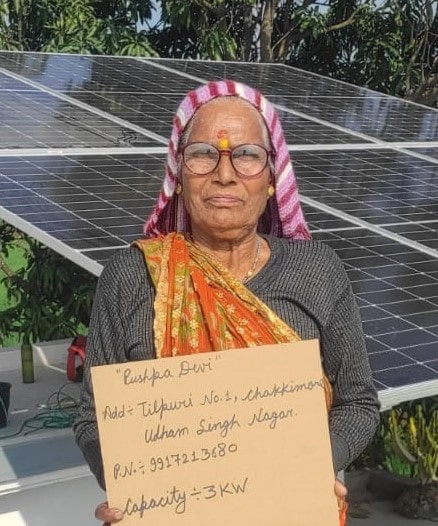
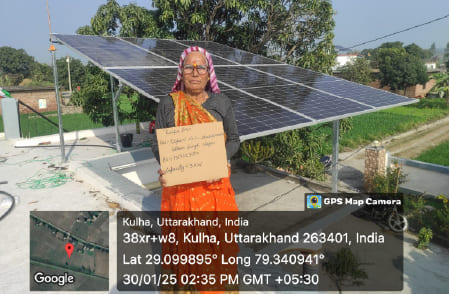
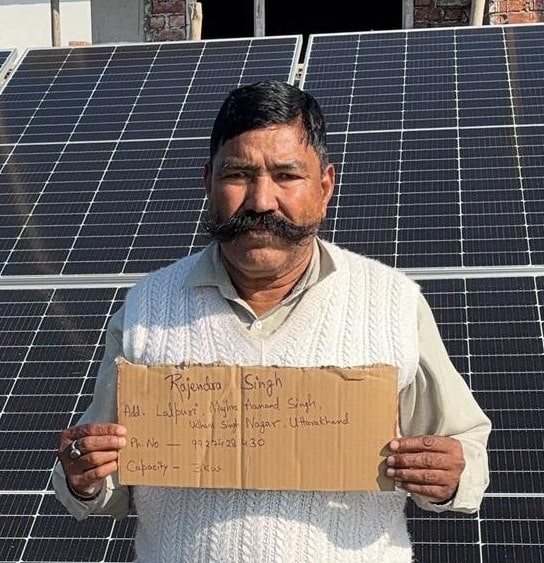
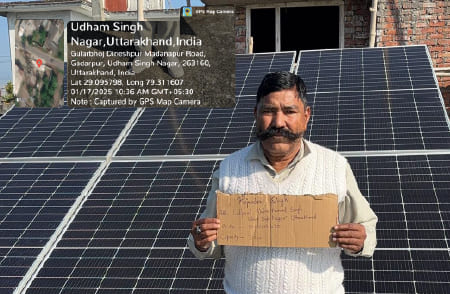
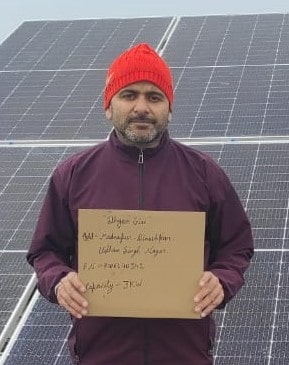
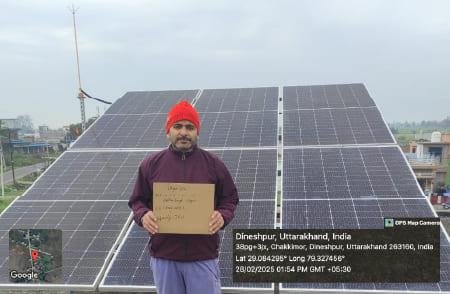

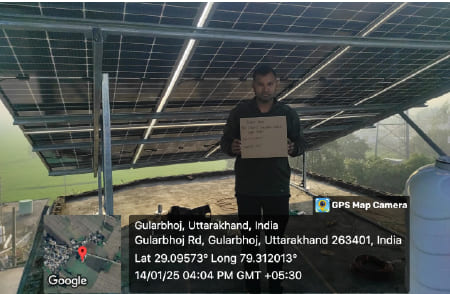
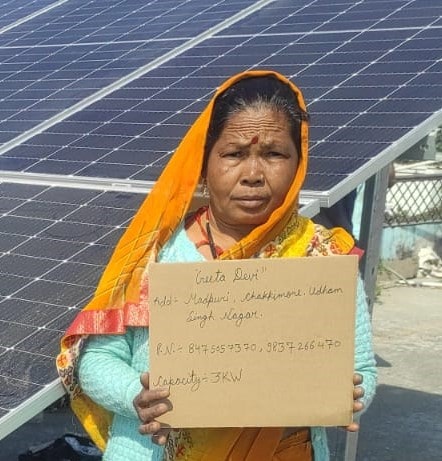
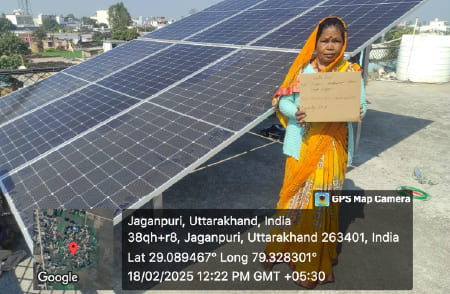
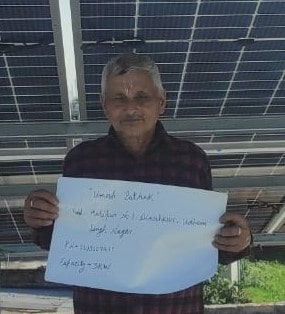
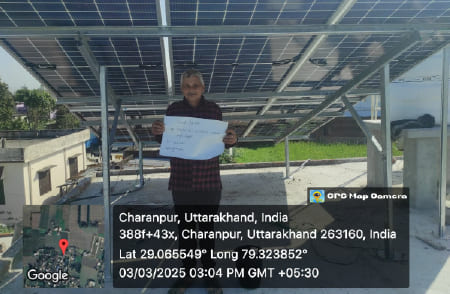
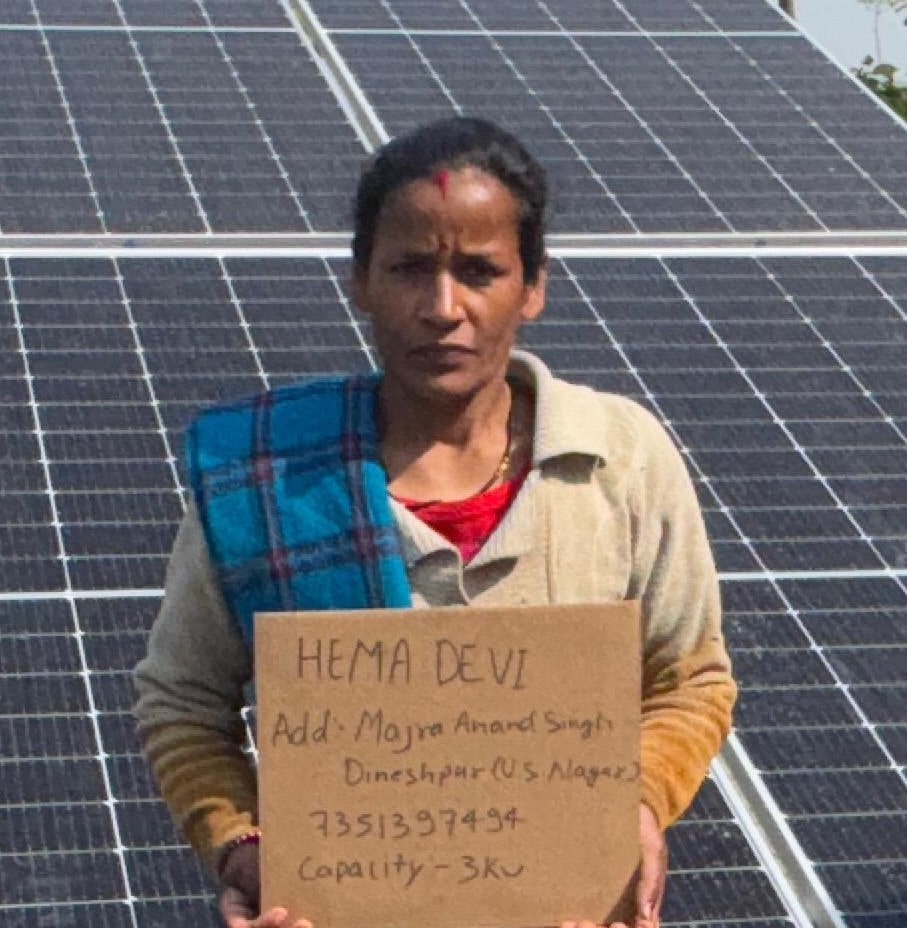
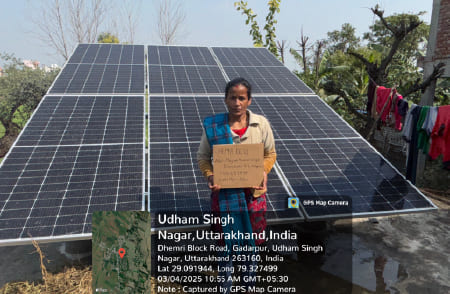

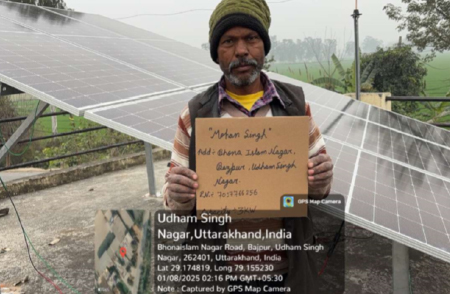
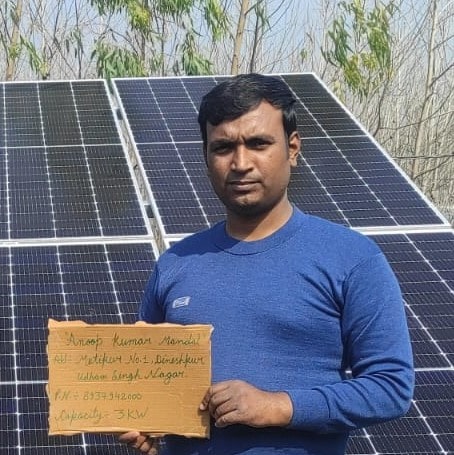
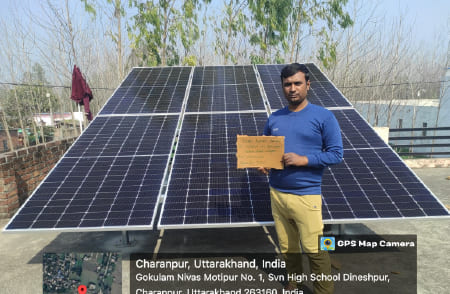
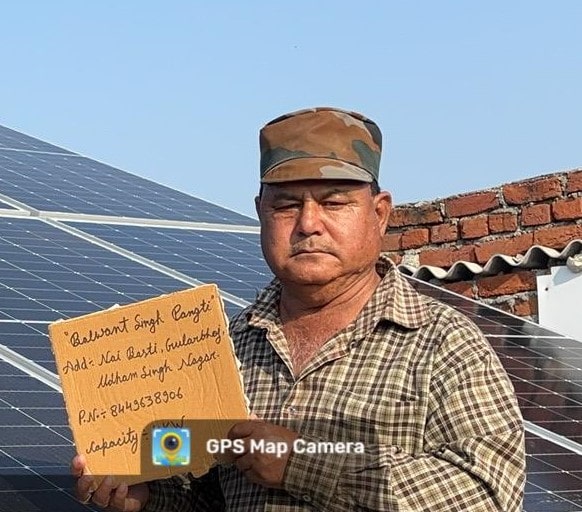
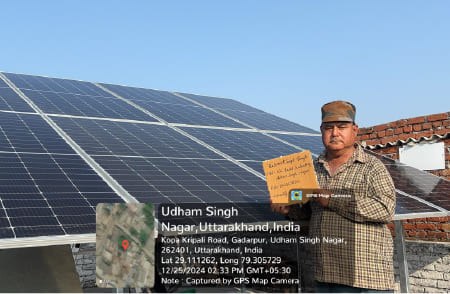
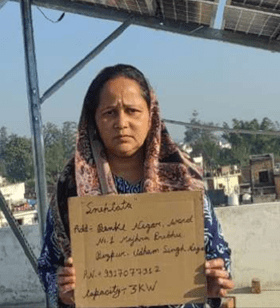
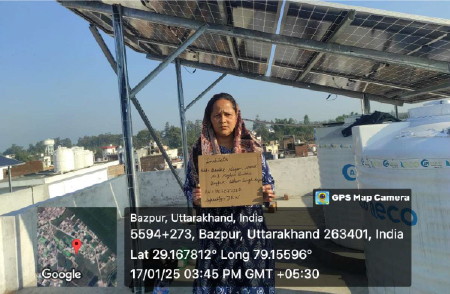












































































Schedule a consultation with our experts and find the right solutions tailored for you. We’re just a message away.
Book a ConsultationExplore our FAQ section for detailed insights into our products, installation process and pricing.
Explore FAQsDiscover independence through the power of solar, Explore Our Plans
 Follow Us On Social Media
Follow Us On Social Media
Track engagement, page views and traffic spikes with real-time analytics
Visitors
 Solar Energy Solutions
Solar Energy Solutions
 Renewable Energy Innovation
Renewable Energy Innovation
 Sustainable Power Systems
Sustainable Power Systems
 Effective Energy Efficiency
Effective Energy Efficiency
 Cutting-Edge Solar Technology
Cutting-Edge Solar Technology
 Green Energy Solutions
Green Energy Solutions